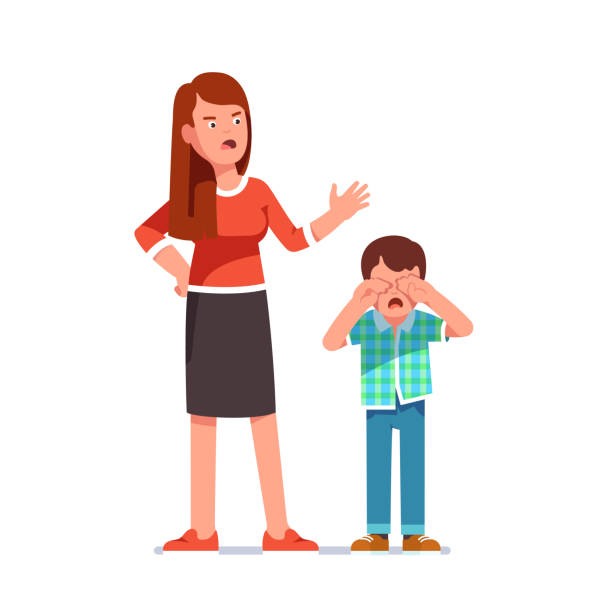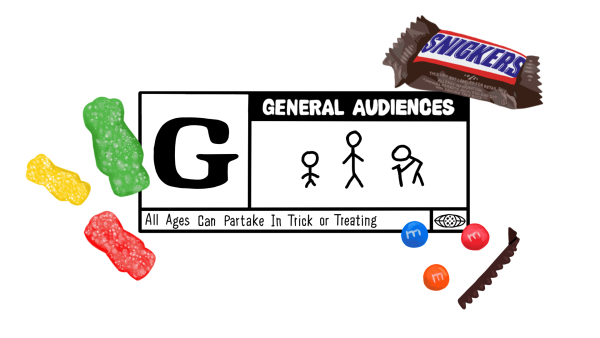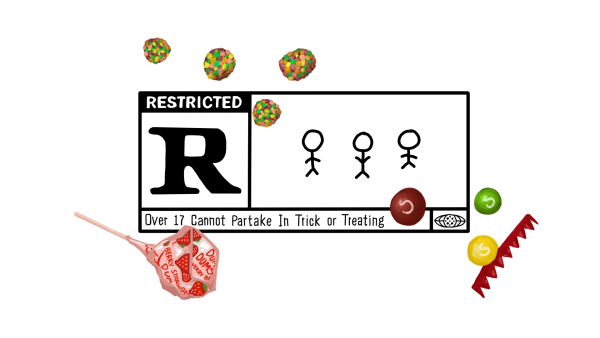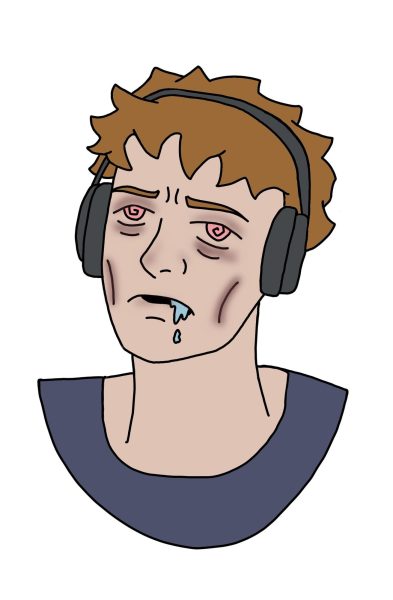Corporal punishment
Spare the rod and spoil the child.
Proverbs like this one from the Bible are well-known: many people are unaware of the negative effects that corporal punishment can have.
Corporal punishment is meant to cause physical pain or discomfort for someone. For centuries, schools used corporal punishment as a way to discipline unruly students. By the ‘70s and ‘80s, most U.S. states began to ban the use of corporal punishment, but it is still legal in 19 states. While physical punishments are no longer used in schools, it is not illegal for parents to hit their children. Many parents believe that slapping or spanking their child can lead them to be more obedient, teaching them to behave. However, parents also physically punish their children when they lose control of their anger, so what draws the line between a smack on the back of the head and something more serious?
In 2018, the American Academy of Pediatrics released a statement recommending that parents refrain from spanking their children. Studies have found that corporal punishment is not only ineffective, but has detrimental effects on a child’s cognitive, emotional and social development. Children who were spanked tend to display more aggressive behavior, are more likely to not perform well in school and are at risk for a variety of mental health issues and drug and alcohol abuse. These children are likely to have more trouble forming healthy relationships while growing up, even having changes in the way their brain functions and how they perceive certain threats. This does not include the ill effects that it can have on a parent-child relationship. For example, it can lead to the child starting to resent their parents and be less willing to be honest for fear of punishment. This can cause greater issues and a lot of stress for the entire family.
A 2019 international study by Multiple Indicator Cluster Surveys found that about 43% of children said they were spanked in the past month. Despite the abundance of evidence proving the harmful consequences of using corporal punishment on children, parents still enforce it. Giving a misbehaving child a spank might sound like a quick solution, but studies clearly show it does not fix behavior in the long term. Inciting fear is ineffective, and there are other, more constructive ways to discipline children. For example, parents can take away privileges or give out extra chores. These options allow the child to learn from their mistakes and be more self-reflective so that they do not repeat them.
Parenting is never an easy job, and some decisions that parents make can have lasting effects on their children. It is better to encourage them to work out their problems instead of resorting to violence, helping them grow into mature and upstanding adults.













